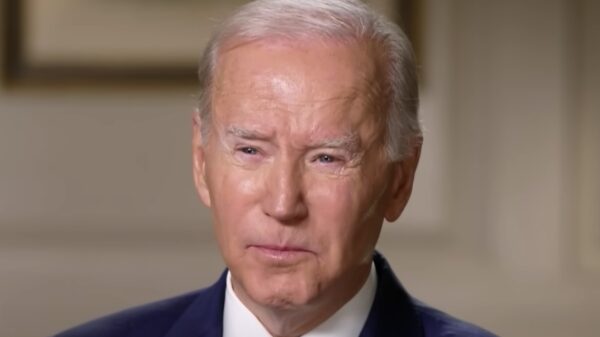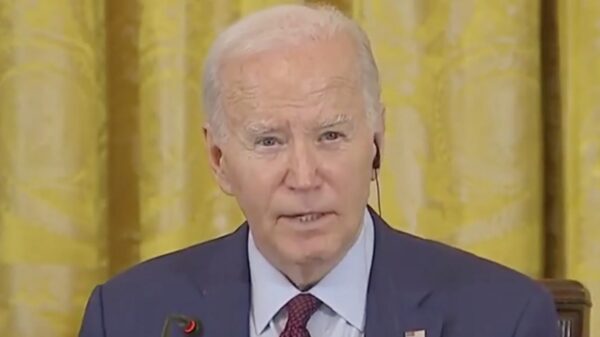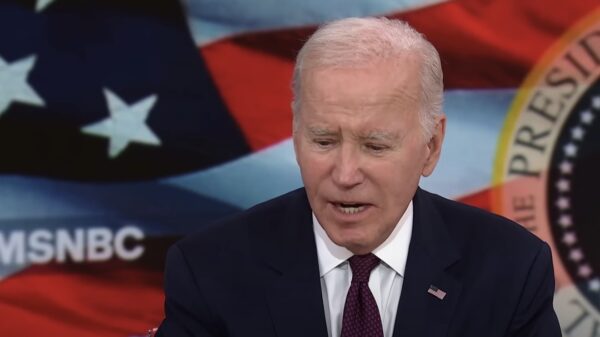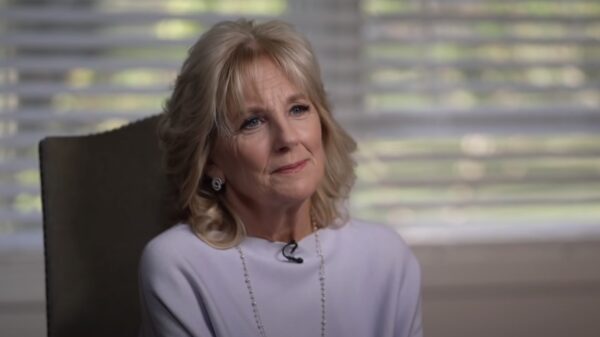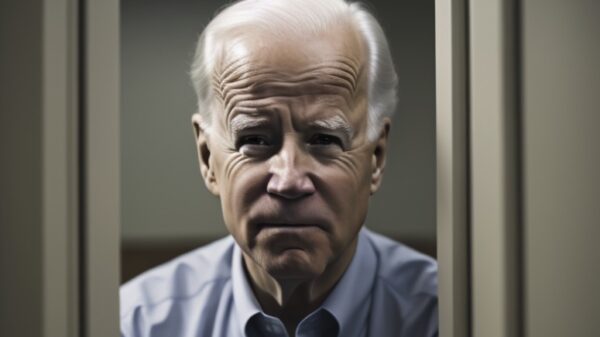Transgender athletes
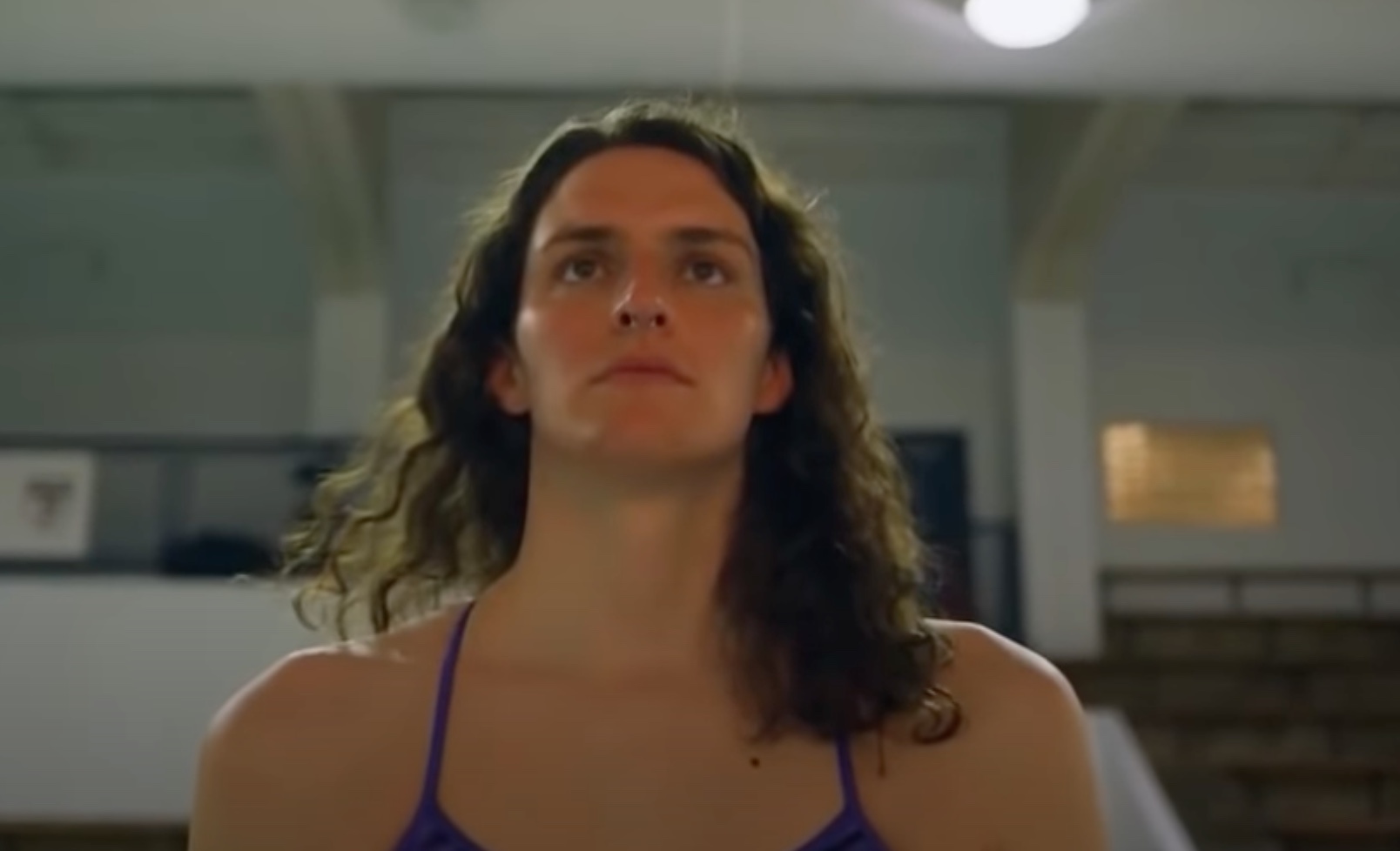
ESPN
A recent ruling by a three-judge panel on the U.S. Court of Appeals for the Fourth Circuit may present the U.S. Supreme Court with a chance to define the rights of transgender athletes across the country.
Title IX

pixabay
The panel determined that Title IX grants permission for a 13-year-old transgender girl to participate in her school’s cross country and track teams.
B.P.J. v. West Virginia
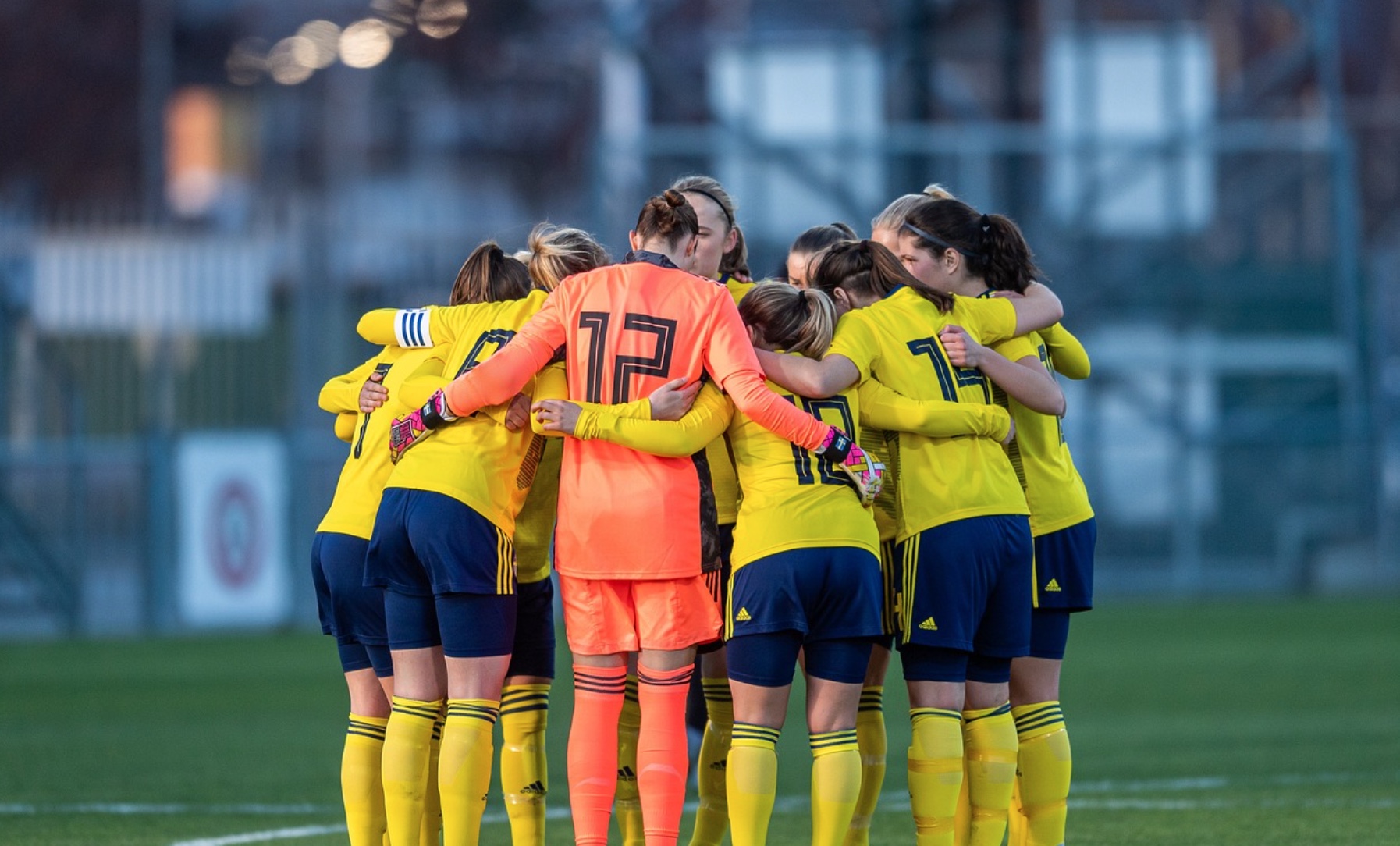
pixabay
The case of B.P.J. v. West Virginia Board of Education et al. revolves around a West Virginia law known as the “Save Women’s Sports Act,” which prohibits girls’ and women’s teams from including “students of the male sex.”
Biological sex

pixabay
The Act defines males as “an individual whose biological sex determined at birth is male.” Judge Toby Heytens stated that the Act’s “sole purpose,” and “sole effect,” are to “prevent transgender girls from playing on girls teams.”
Transgender girls
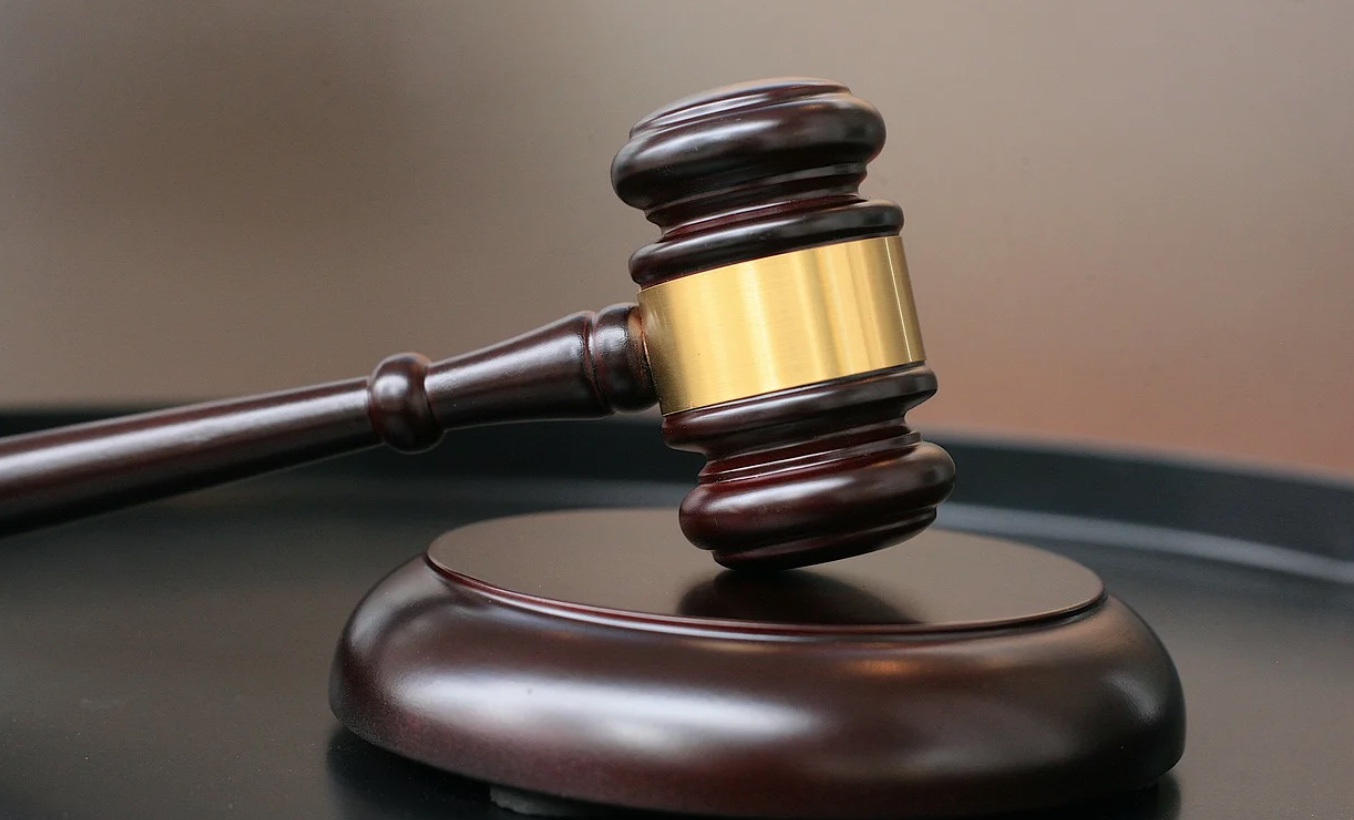
pixabay
This Act is comparable to laws in almost twenty other states that also restrict transgender girls from joining girls’ teams.
Birth certificate
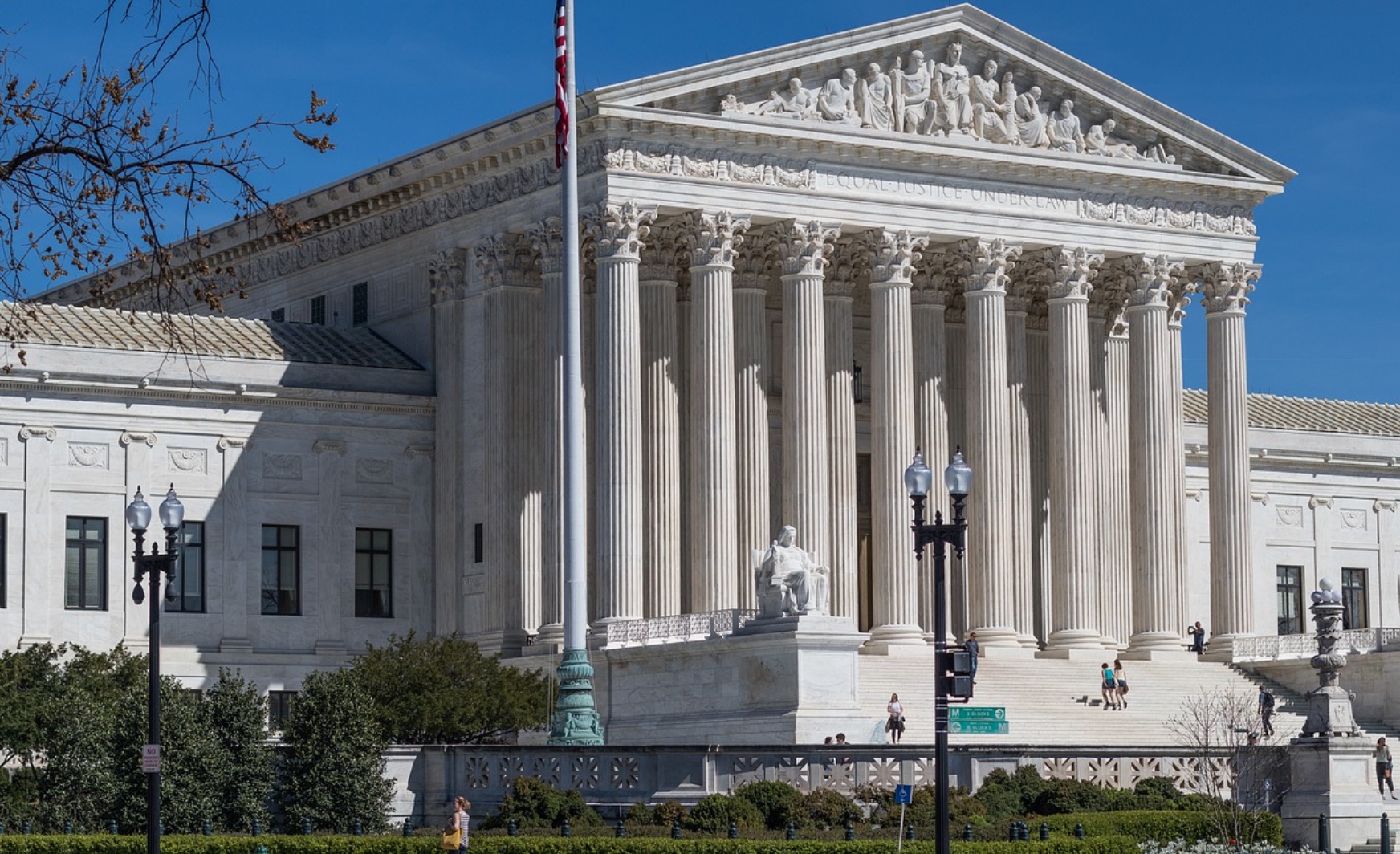
pixabay
Since the third grade, B.P.J. has publicly identified as a girl, and the state issued her a new birth certificate reflecting her female name and gender.
Puberty
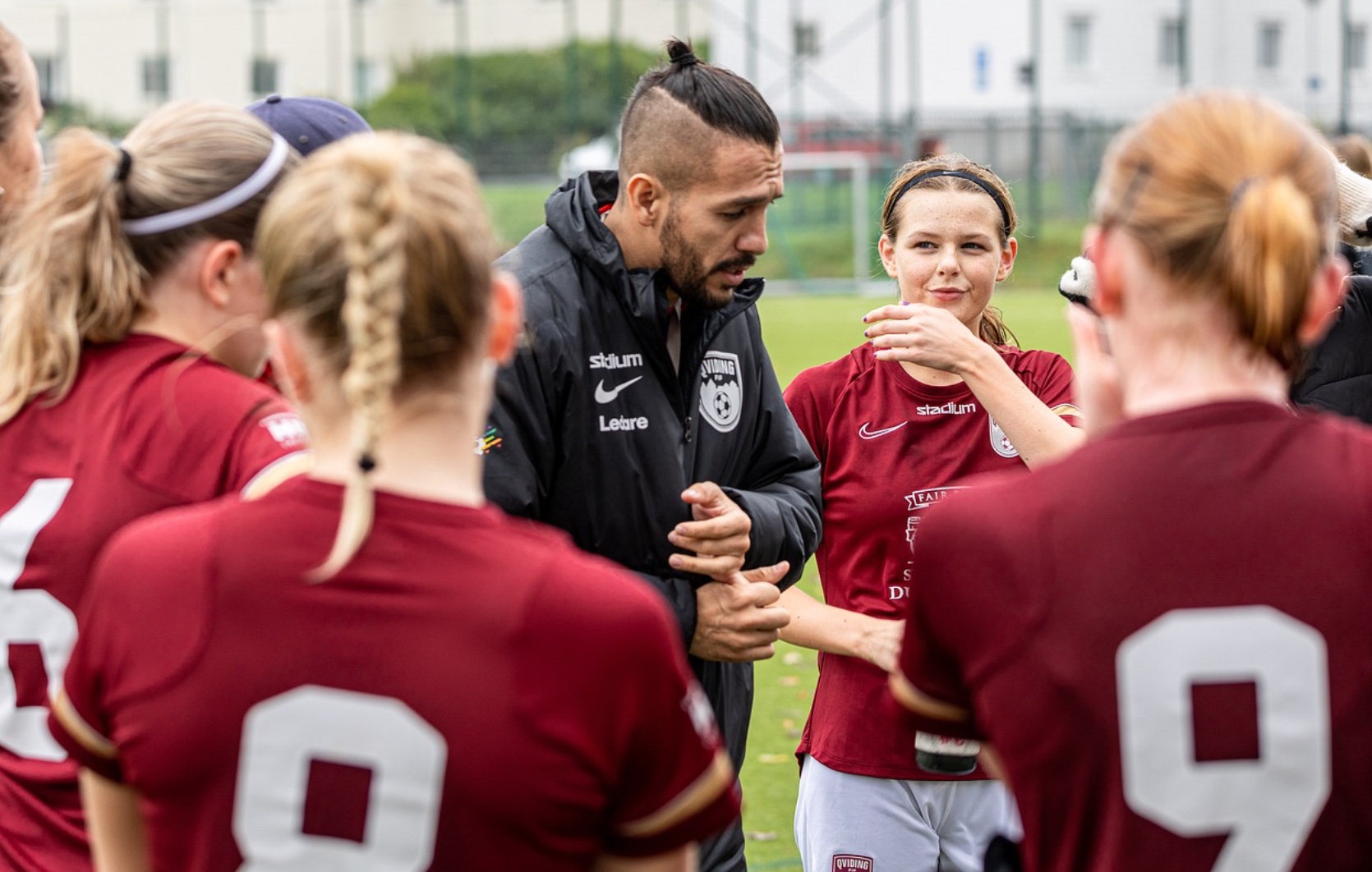
pixabay
Through puberty-blocking medication and estrogen hormone therapy, B.P.J. has developed physical characteristics typical of an adolescent female, such as fat distribution, pelvic shape, and bone size.
Unfairly
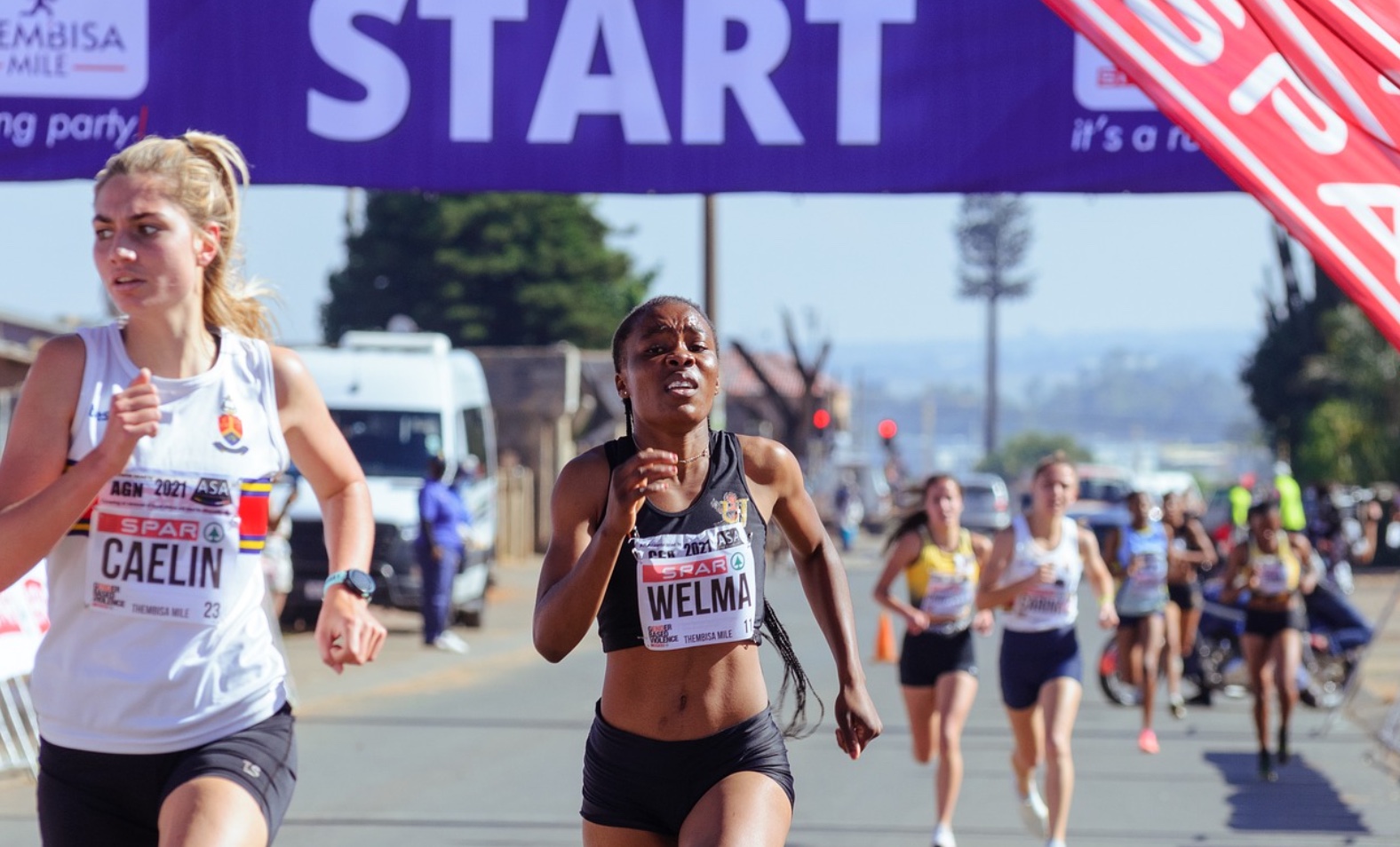
pixabay
B.P.J. is raising an Equal Protection Clause claim, asserting that the state is treating her unfairly without adequate justification, and a Title IX claim, arguing that she cannot be excluded from participation based on her sex.
Exclusion

pixabay
The defendants, comprising the Harrison County (West Virginia) Board of Education and the state activities commission, argue that the exclusion of transgender girls is justified by participant safety and maintaining competitive fairness. However, Judge Heytens noted that the defendants failed to provide a convincing argument that excluding B.P.J. from non-contact sports like cross country or track is “is substantially related to the government’s important interest in participant safety.”
Judge Heytens
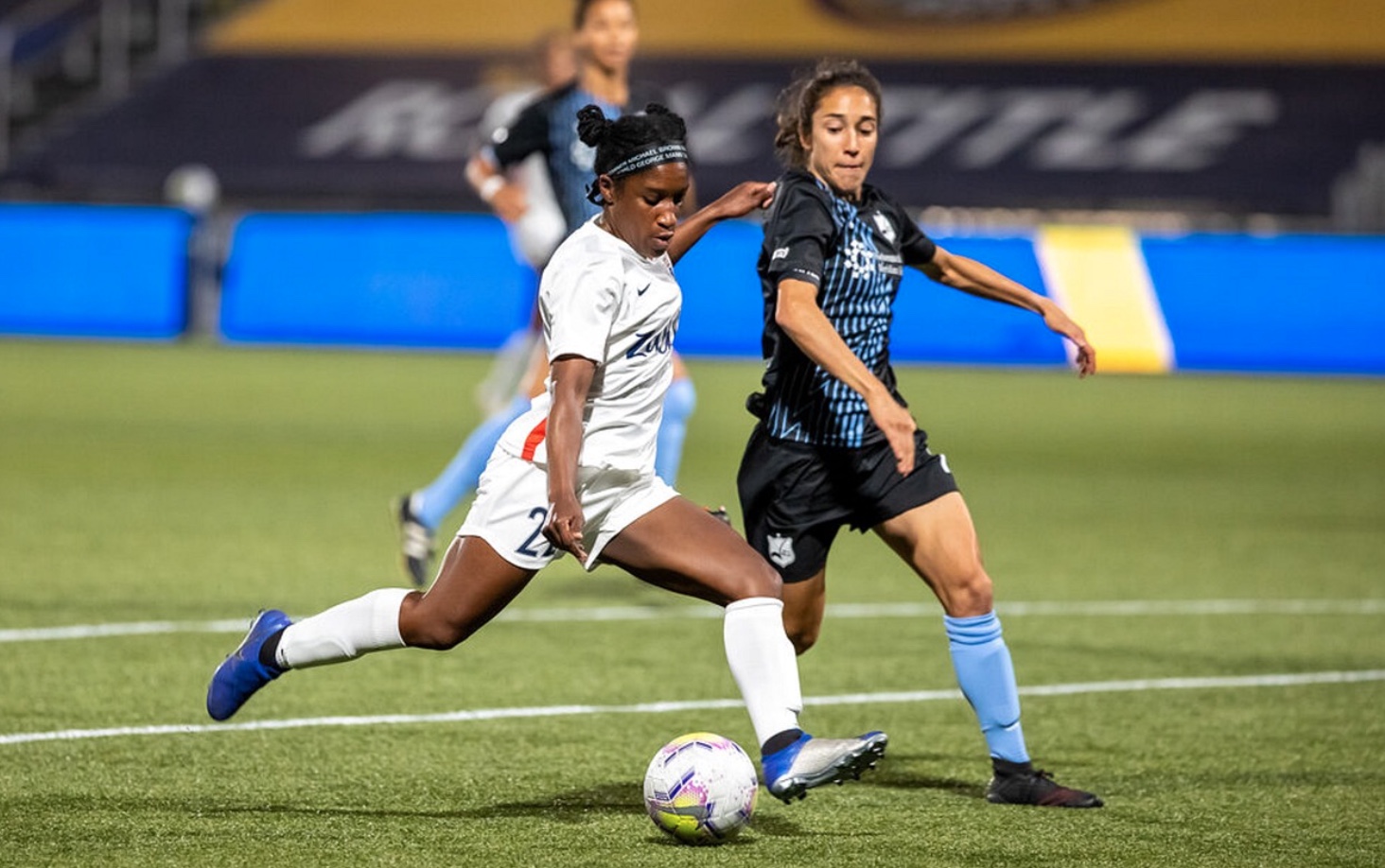
pixabay
Judge Heytens found the government’s concern for maintaining competitive fairness to be more reasonable. B.P.J. provided expert evidence to challenge this argument, stating that transgender girls like her do not inherently possess biological advantages over cisgender girls.
Physiological disparities
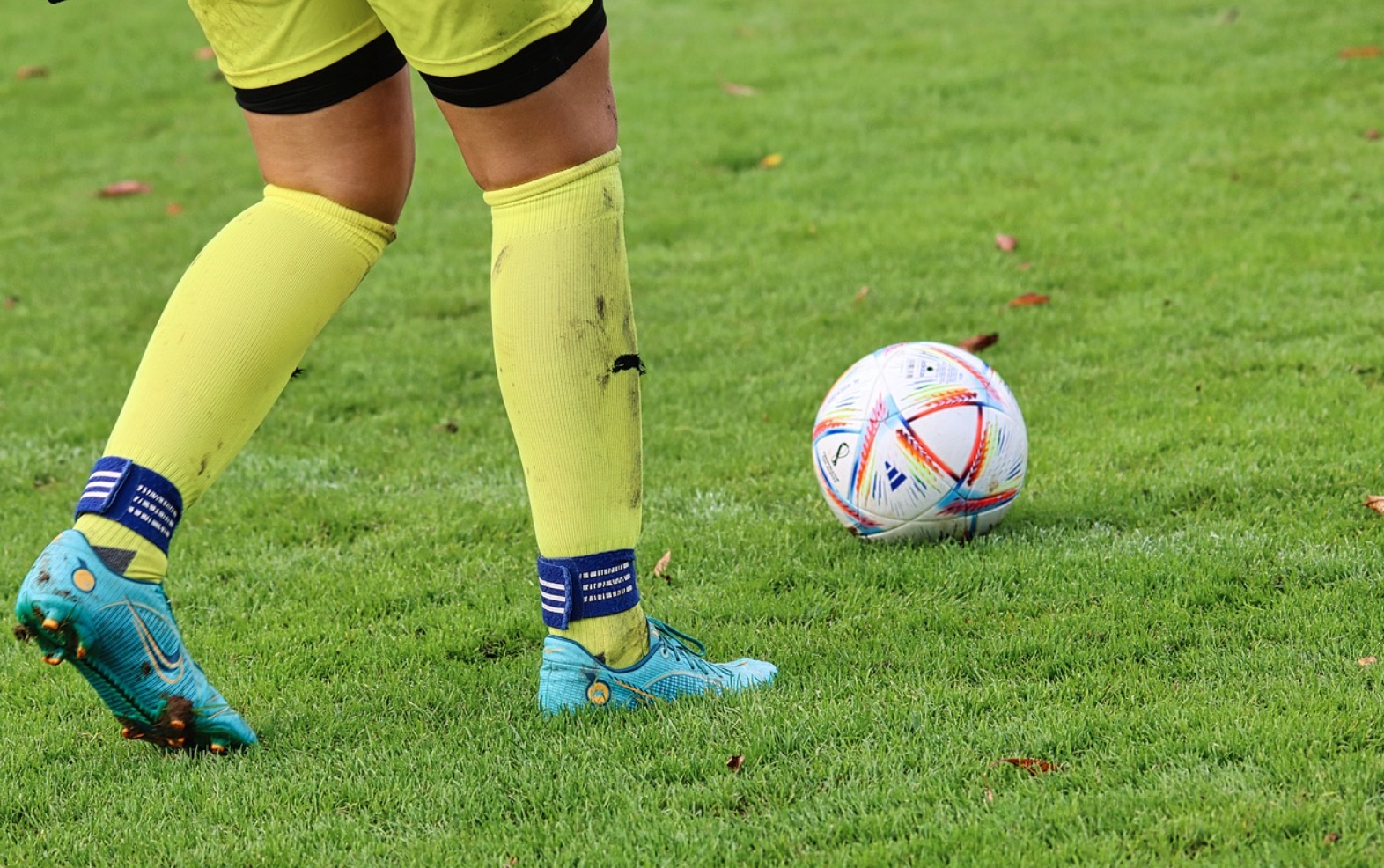
pixabay
On the other hand, the defendants submitted an expert report claiming there are substantial physiological disparities and performance benefits for transgender girls. The judge concluded that further examination is necessary at the trial court level to evaluate the Equal Protection Clause claim.
Doubts
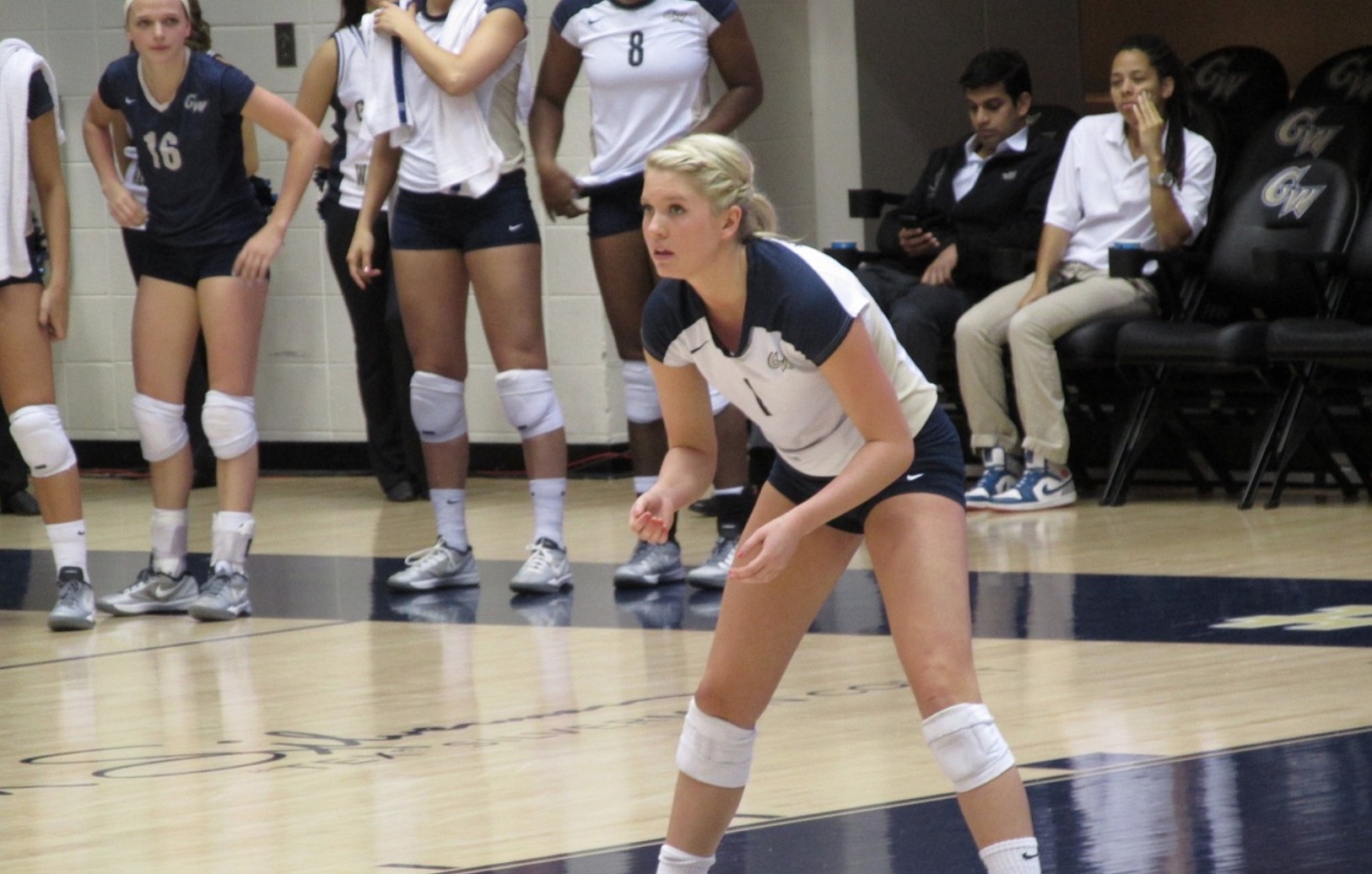
pixabay
Judge Heytens raised doubts about the government’s justification to protect cisgender girls from competing against transgender girls if it results in harm to the transgender individuals. He posed a hypothetical scenario questioning whether a state could justify discriminatory actions if a cisgender girl’s ranking in a competition is affected by another girl’s performance improvement. Heytens emphasized that the government has no interest in safeguarding individual rankings or ensuring that cisgender girls never lose to transgender girls.
Ruled in favor

pixabay
Heytens concluded that the trial court should have ruled in favor of B.P.J. on her Title IX claim. He highlighted that discrimination based on gender identity goes against Title IX, and the Act discriminates against transgender girls specifically by restricting their participation based on their gender identity, while not applying the same restrictions to transgender boys.
Social transition

pixabay
Heytens emphasized that presenting B.P.J. with the “choice” to either join a boys’ team or forego sports altogether is not a genuine choice. The judge stated that the defendants cannot reasonably anticipate that B.P.J. will “countermand her social transition, her medical treatment and all the work she has done with her schools, teachers and coaches for nearly half her life by introducing herself to teammates, coaches and even opponents as a boy.” Being part of a boys’ team would subject B.P.J. to similar concerns of unfair competition and physical risks that the defendants argue are problematic for cisgender girls.
Evidence
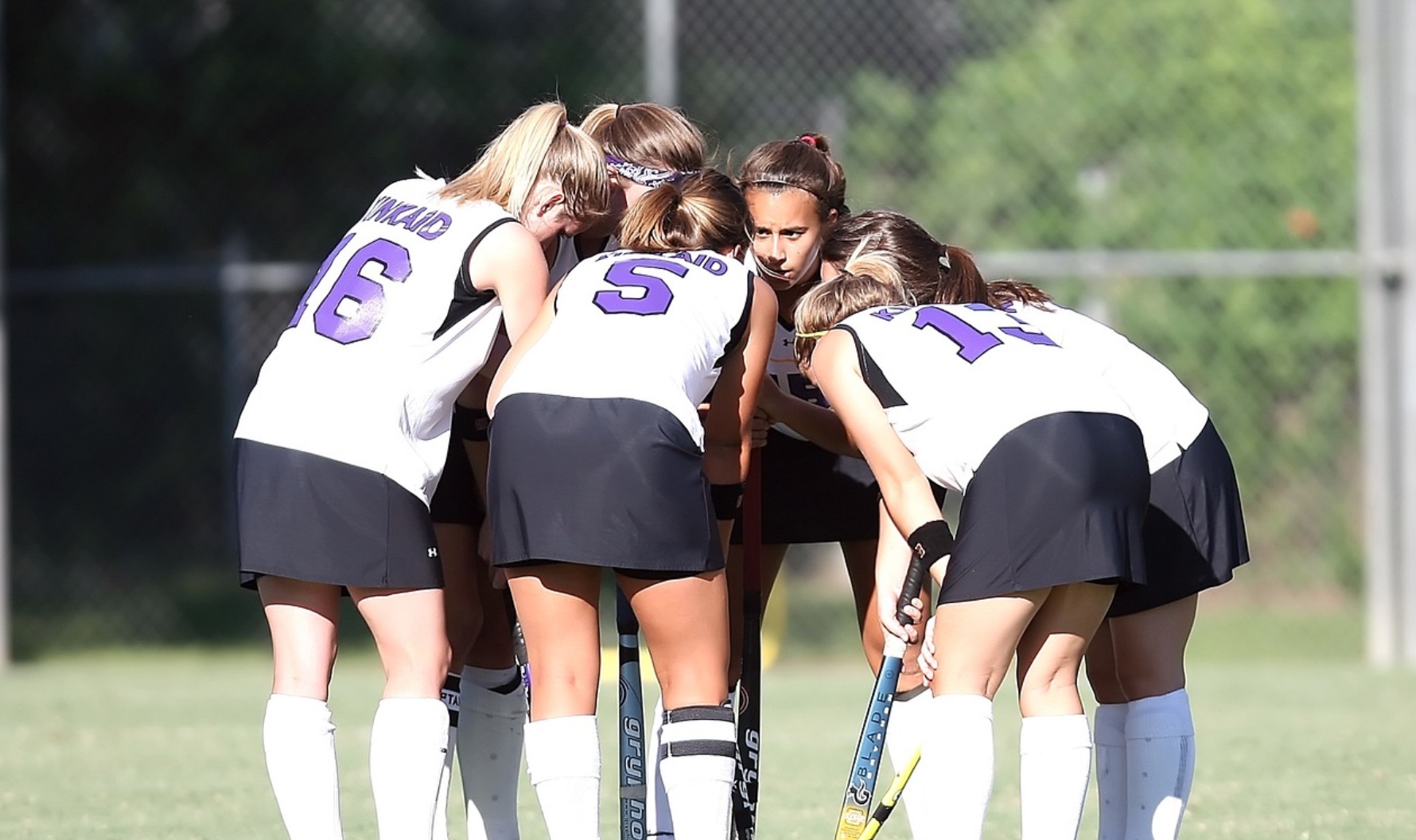
pixabay
Judge G. Steven Agee, in a dissenting view, argued that the evidence indicates B.P.J. “may have a distinct biological advantage over biological girls” and is thus not similarly situated to biological girls. Agee wrote that “ensuring equal opportunities for biological girls requires that they not have to compete against biological boys.” He noted that B.P.J. “repeatedly took opportunities away from biological girls” by consistently placing in the top 15 competitors at events.
Misinterprets
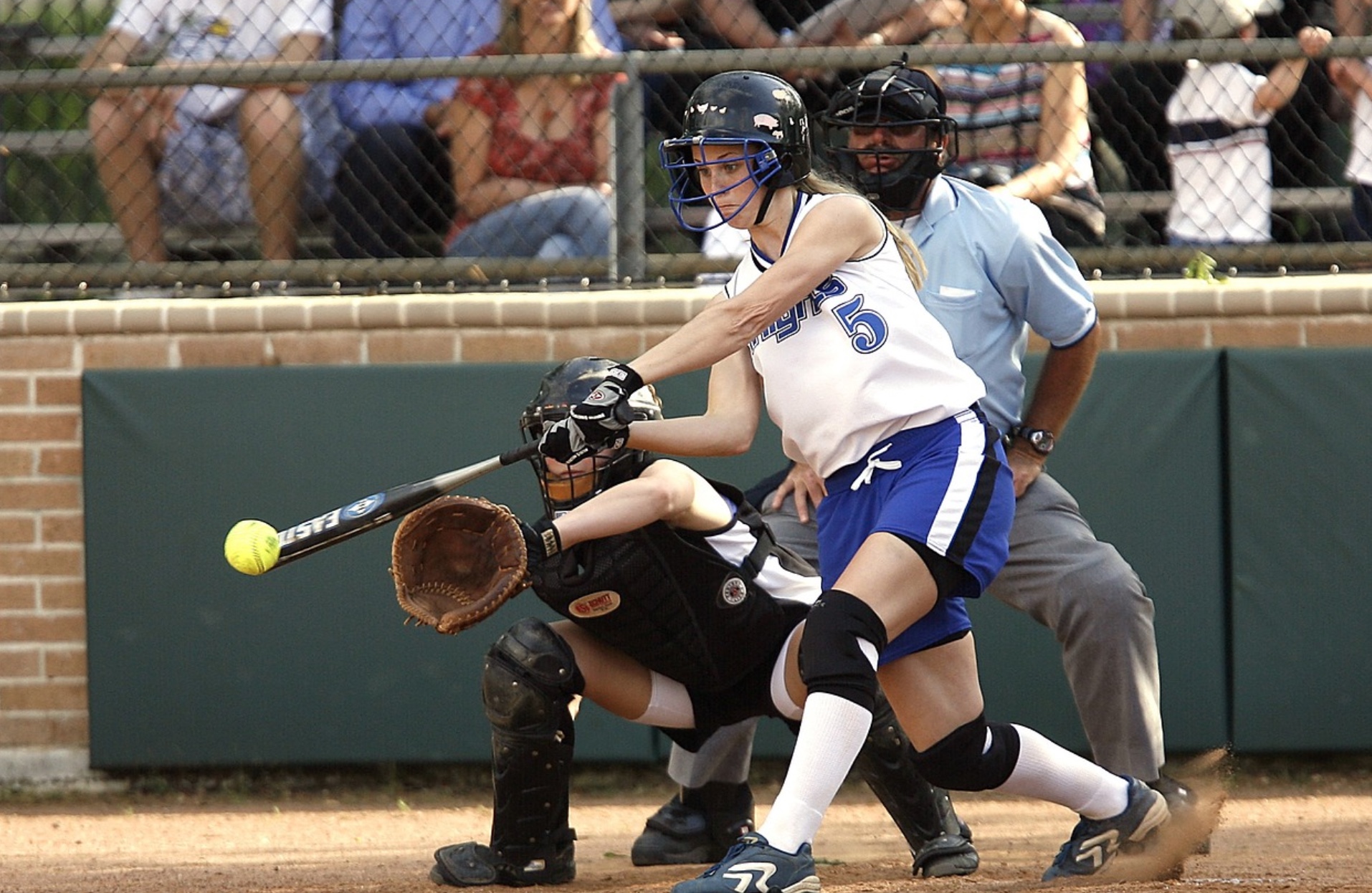
pixabay
Agee also contended that the majority misinterprets Title IX, which he believes is meant to prohibit discrimination based on biological sex rather than gender identity. He argued that Title IX, established in 1972, aims to ensure educational and athletic opportunities for biological women and does not specifically address gender identity discrimination.
Federal lawsuit
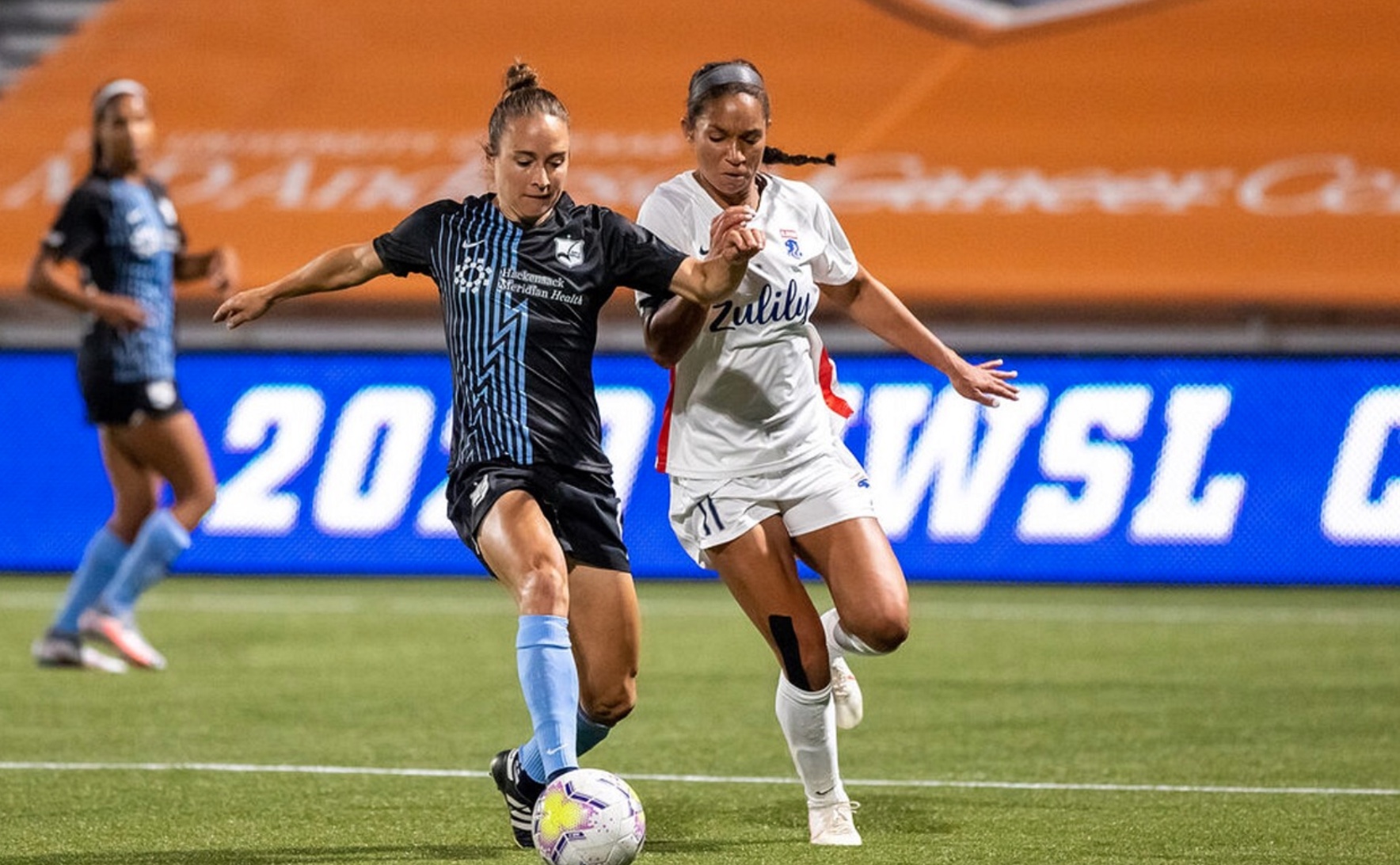
pixabay
This ruling coincides with a new federal lawsuit, Gaines et al. v. NCAA et al., which calls for the NCAA to revoke the eligibility of transgender athletes. Additionally, the National Association of Intercollegiate Athletics has recently prohibited transgender athletes from participating in women’s sports, except for two co-ed sports: competitive cheer and competitive dance. The Biden administration recently issued new Title IX regulations that encompass gender identity harassment under sex-based harassment but did not address the eligibility of transgender athletes.
West Virginia defendants
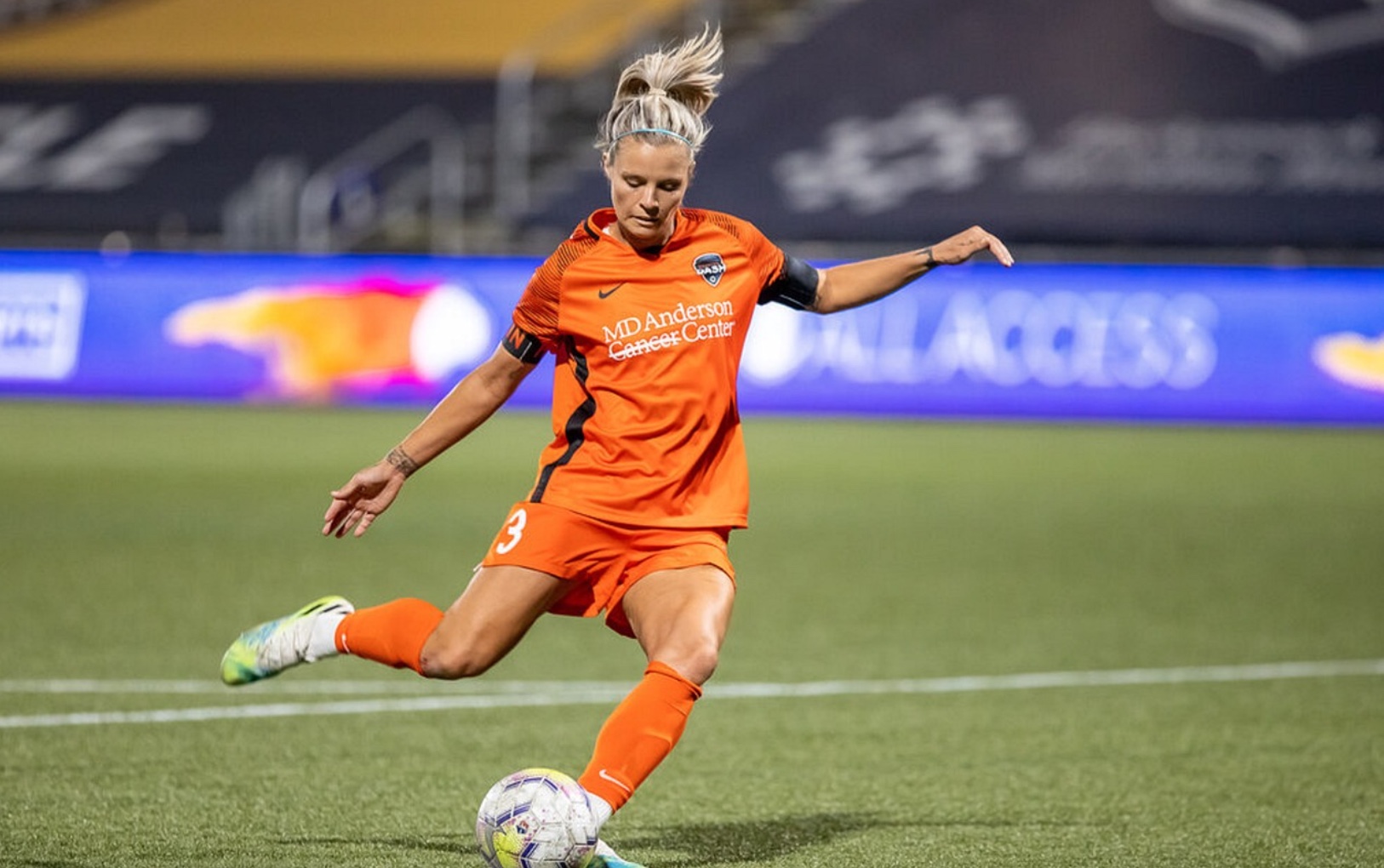
pixabay
The West Virginia defendants have the option to request a rehearing en banc from the Fourth Circuit, where other judges on the court would review B.P.J.’s case if granted. If this request is unsuccessful, they could then petition the U.S. Supreme Court in hopes of a review.
Disagreement
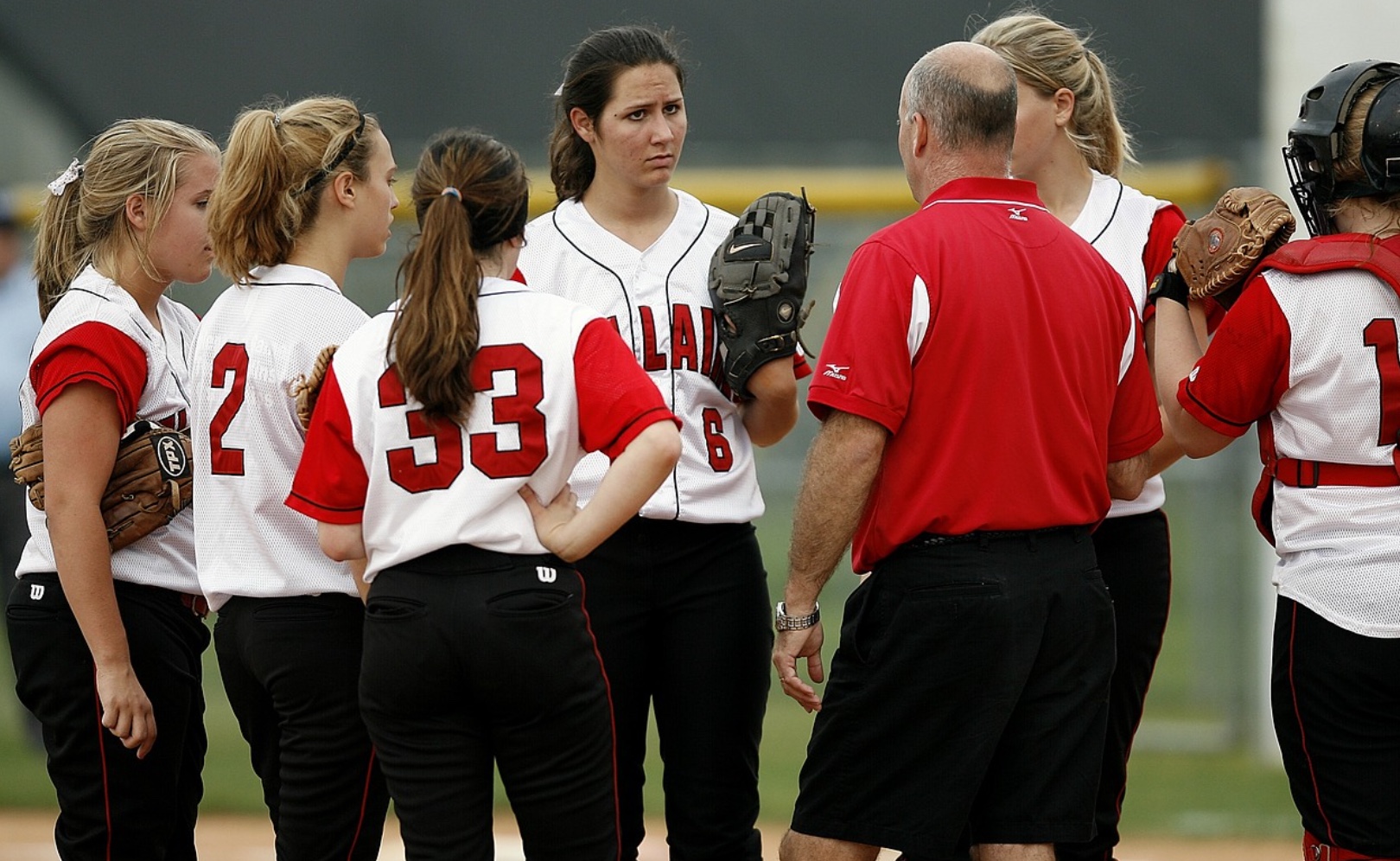
pixabay
Considering the disagreement among states regarding transgender athlete eligibility and the potential for numerous federal and state legal battles on this matter, the Supreme Court may find it necessary to intervene. In the Bostock v. Clayton County case of 2021, the Court ruled that Title VII of the Civil Rights Act, which prohibits employment-related sex discrimination, includes discrimination based on sexual orientation or gender identity.
Employment
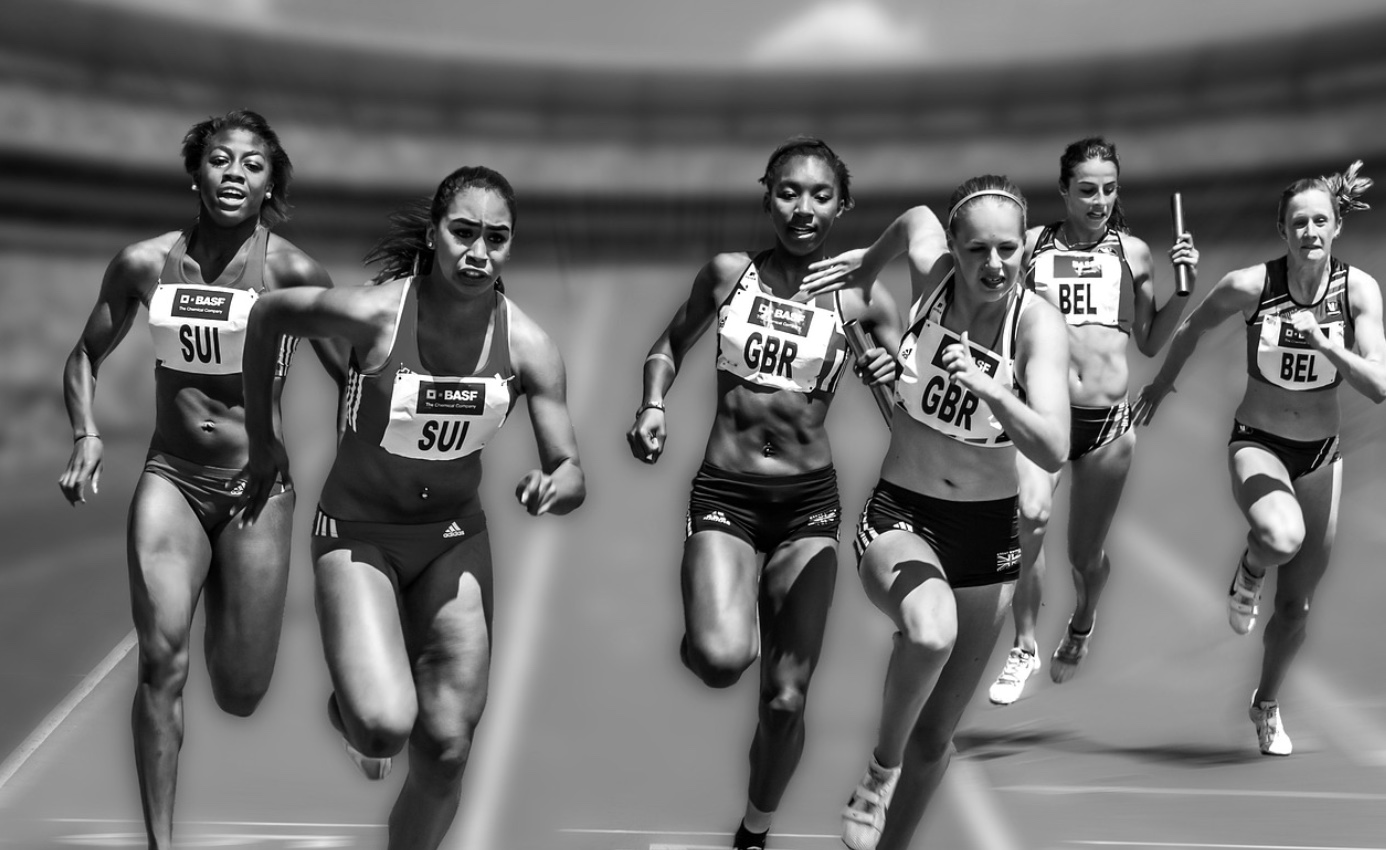
pixabay
While Title VII differs from Title IX and pertains to employment rather than athletics, if a majority of the Court interprets anti-discrimination laws to encompass gender identity, transgender athletes may have a stronger chance of success.



























